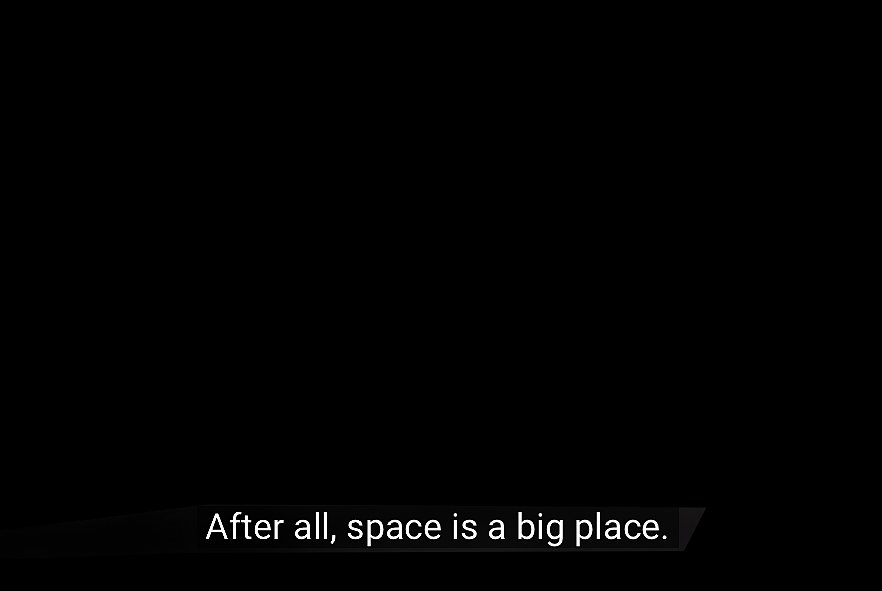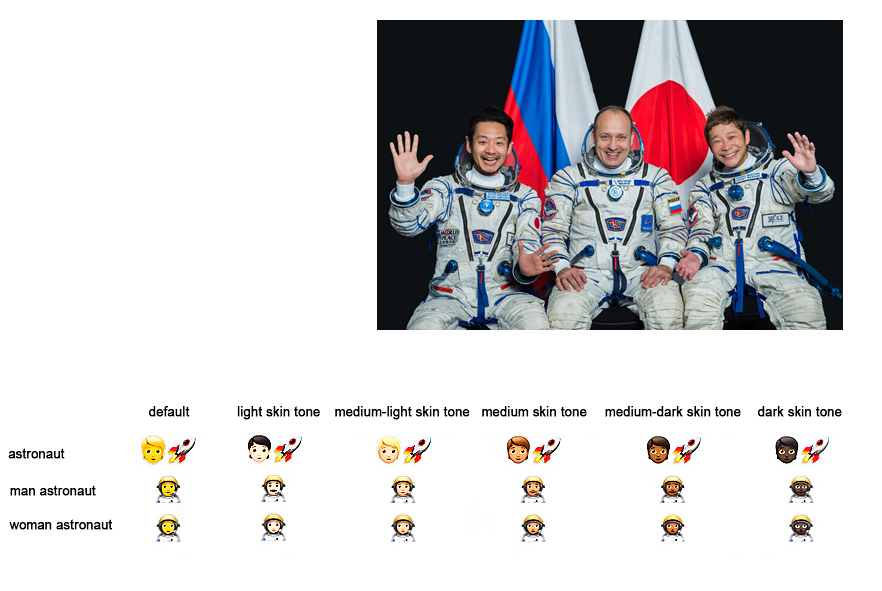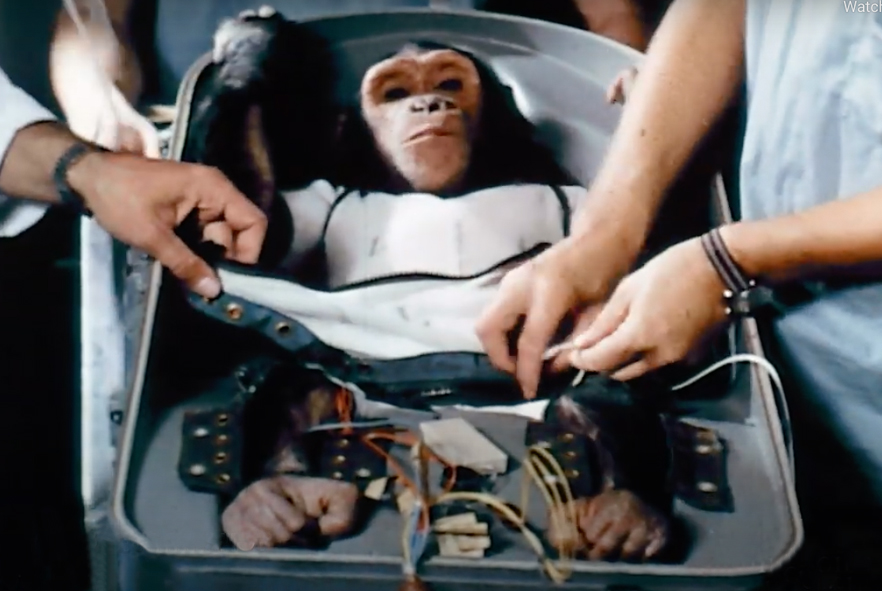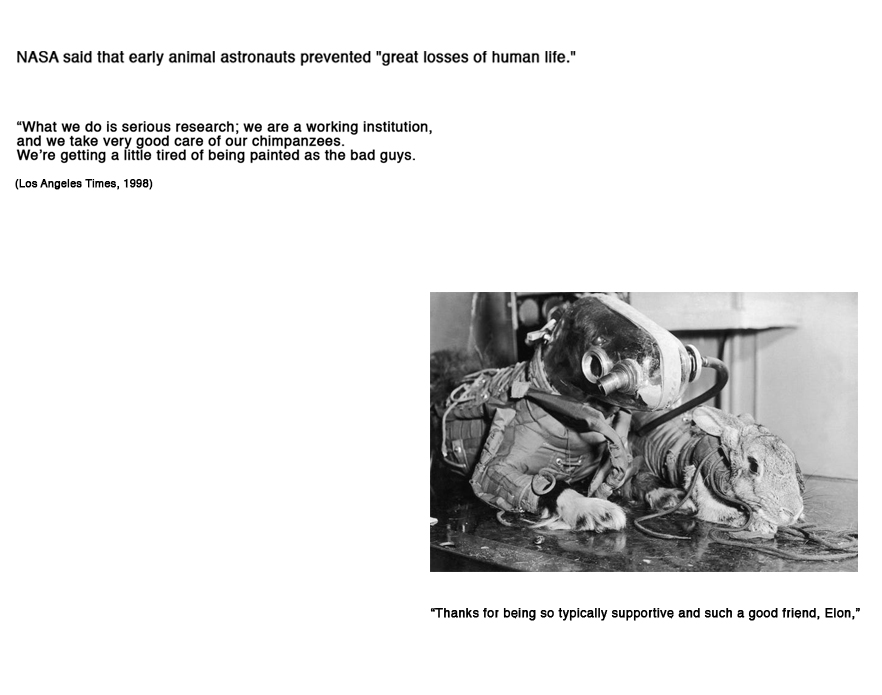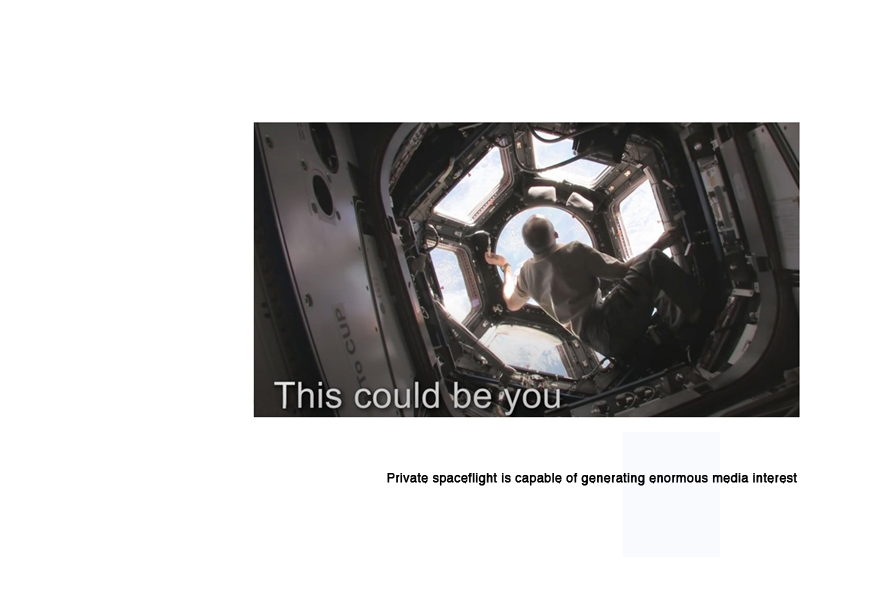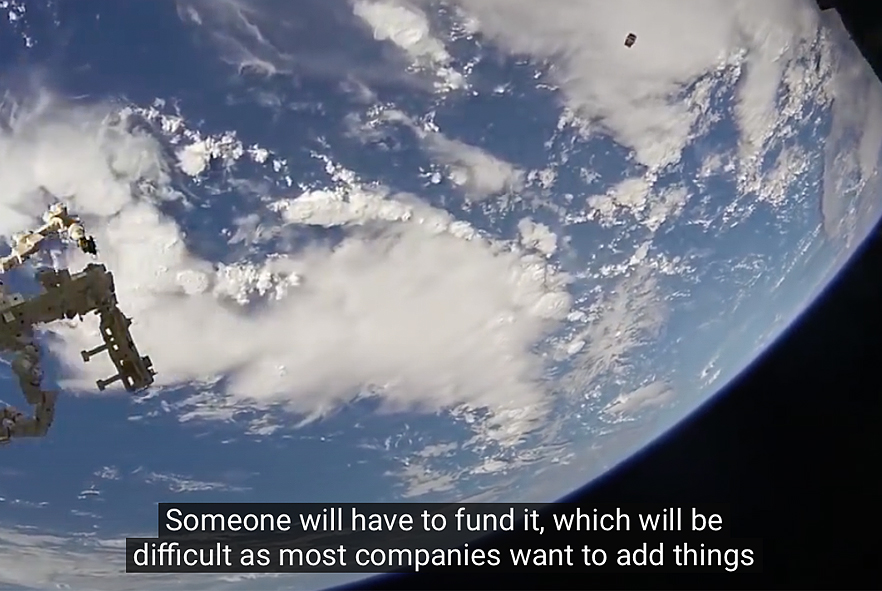After All
Space activities are for the benefit of all nations, and any country is free to explore orbit and beyond. There is no claim for sovereignty in space; no nation can “own” space, the Moon or any other body. Outer space, including the Moon and other celestial bodies, shall be free for exploration and use by all States without discrimination of any kind, on a basis of equality and in accordance with international law, and there shall be free access to all areas of celestial bodies.
Space Law Treaty
The global space economy was nearing 450 billion in 2020 while the earthly problems have been spinning out of control for decades. Now that industrialisation has (almost) reached the point of leading to irreversible global environmental and humanitarian crisis, space has become the economic endeavour for private corporations, investors and government investments. A strong global communication network, ambitions toward more technological growth, innovation and a hypothetical defence system motivate the European Space Agency to call space investment 'essential'. Since first observing space in 1610 and shooting animals in space in 1947, the first human entered the orbit in 1961. Only seven years later The Club of Rome was founded to address the problems of the future of mankind and planet Earth, publishing The Limits To Growth in 1972 (financed by the Volkswagen Stiftung), with a thirty-year-update of the publication and many studies on the subject of human impact on all existence following. Since our industrial innovations have lead us to depend on a system with high problematic impact on environmental and humanitarian issues, we have to question what is going on above our very heads and ignored in front of our feet.
While strict boundary lines are impossible, supporters of space travel usually employ three approaches, each characteristic of a different era in recent history. In the 1950s and 1960s, there was an emphasis on philosophical arguments; in the 1970s and 1980s, a shift towards practical or economic arguments; and in the 1990s, an emerging focus on defensive or preventive arguments. Yet none of these arguments can withstand scrutiny.
The Case against Space, Gary Westfahl
We are on the verge of Amazon and SpaceX launching 4200 internet satellites with investments proceeding tens of billions of dollars for faster internet all over the globe when we can already not keep up with current technical innovations and communications. The internet and the resources it uses are showing a large environmental cost and negative social and psychological effects with no responsibility in place. Private space travel is there to pleasure the very rich adventures that pose as philanthropists mostly generating more money to push forward space travel. A great incentive for reaching nearby solar system objects derives from the quest for raw materials for profit. In 2015 the U.S. Congress passed legislation, informally known as the SPACE Act, that denies any assertion of authority over cosmic objects but promotes the right of U. S. citizens (which naturally includes corporations) to engage in the “commercial recovery of space resources free from harmful interference - subject to authorisation and continuing supervision by the Federal Government.”
Space is getting crowded and there seems to be no practicable plan to move this development in a sustainable direction. There are 2,000 active satellites in Earth's orbit, 3,000 dead satellites in Earth's orbit, an estimated 9,300 tons of space junk is orbiting the planet, 34,000 pieces of space junk larger than 10 centimetres, 128 million pieces of space junk larger than 1 millimetre, while space clean-up technology is not developed and now means blowing up unused satellites creating even more uncontrollable debris. Even a small piece of paint can do great damage in space and even small damages on shuttle windows easily costs tens of thousands of dollars.
Humanity's need to explore is steadily argumented, though we haven't even explored more than 5 percent of Earth's oceans that we are polluting beyond comprehension. Is it important to be able to answer all questions we have on our existence, history and future? To know how frogs deal with motion sickness in space or how spiders build their web there? Is having answers and hypothetical solutions to hypothetical problems now more important than the existing and pressing predicaments here and now? Are these ventures simply a part of our evolutionary process? Or are we going too far in chasing maybe's and what if's?
This project deals with the contradictions of human progress.
- project in progress // research stage -

